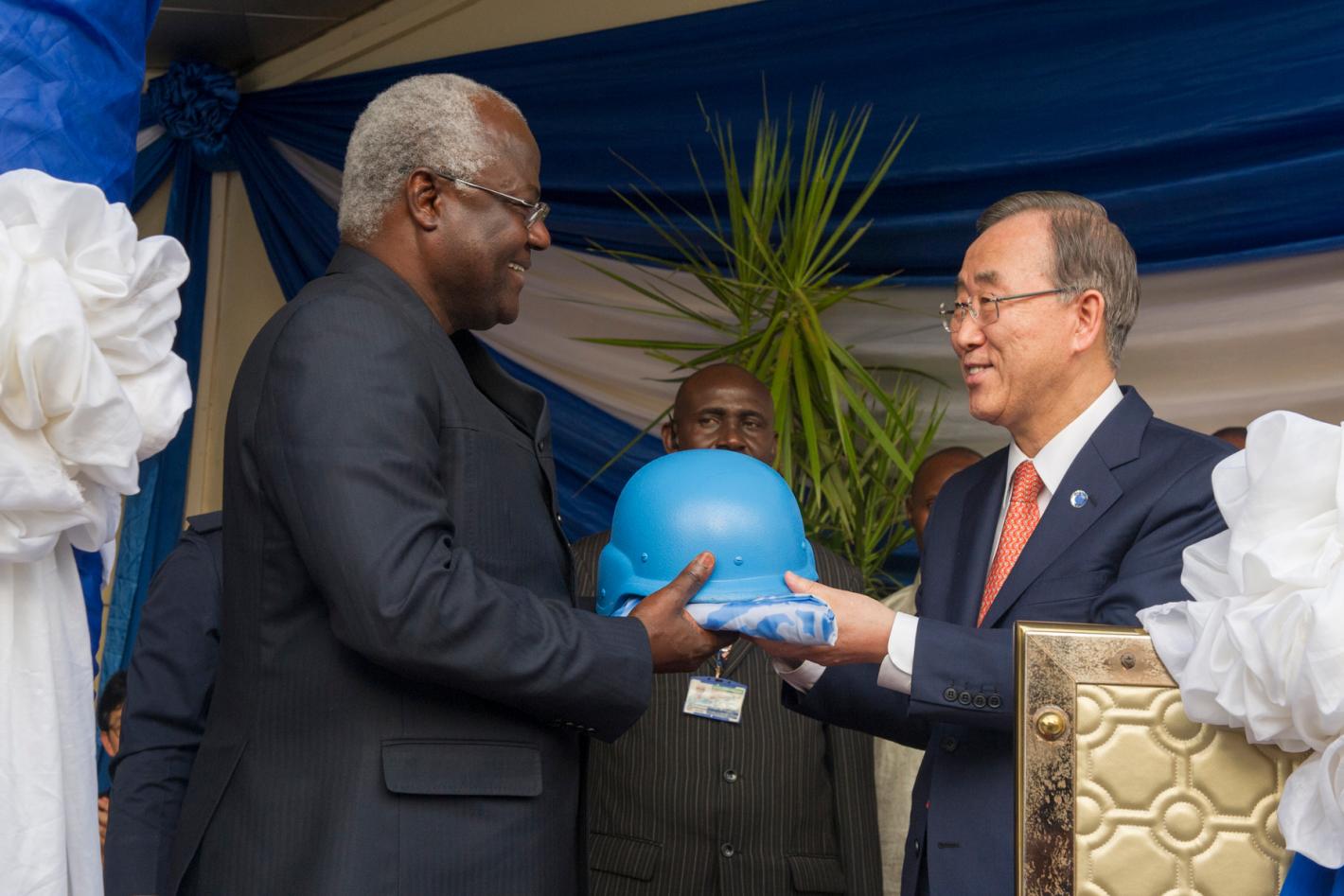Because of the multiple constitutional, traditional and religious barriers that female political aspirants and candidates encounter when running for public offices in Sierra Leone, the women parliamentarians have called for a review of the written and unwritten laws of the land that favour primarily men e.g. the Chieftaincy Act, Citizen’s Act and more urgently the 1991 constitution.
The women stated their concerns in a UN Women supported workshop in Makeni aimed at improving democratic governance by widening the space for women’s leadership in parliament and increasing men’s awareness of the value of women’s participation in parliament.
According to the female parliamentarians, the training left them with a deeper understanding of the general workings of parliament and imbued them with a renewed sense of commitment to strengthen the Sierra Leone Female Parliamentary Caucus (SLEFPAC). The training also witnessed the formation of a male parliamentary caucus to support female parliamentarians. The male MPs admitted that the training “opened their eyes to many things” with regard to gender equality challenges. They said that they will pick up the issue of women’s increase participation in parliament as a challenge and promised to stand by them.
Hon Dr. Bernadette Lahai, longest serving MP and first female leader of the minority party, gave out a talk on how to overcome the un-codified laws through a sisterly advice to the new women inductees “let us stay united with one common national agenda”. She advised them to work beyond the point of self actualisation and to look beyond short term monetary gains in order to leave a lasting legacy on their tenure. Hon Dr. Lahai shared the importance of always having handy key guiding documents such as the national and respective party constitutions, standing orders, the bank governor’s yearly speech and other international human rights instruments.
Earlier, the UN Women Country Representative, Regina Amadi Njoku, set the tone of the three day training when she stated that parliament is the most important governance institution of any country, with the greatest oversight responsibility, in addition to its pre-eminent prerogative to approve and monitor the allocation of resources through the budgetary process. She reminded the parliamentarians of their role and alerted the women parliamentarians to their primordial role as the frontline fighters for women’s rights, and therefore powerful advocates of gender equality and women’s empowerment. She disclosed that that “gender equality is becoming a benchmark, a key indicator of all UN activities” and it was therefore important for UN Women “to get it right”. She added that the passing of the gender equality bill promises the realisation of Sierra Leone women’s rights especially in the area of increased strategic access to economic empowerment.
Mr. Berhanemeskel Nega, Deputy Head of the United Nations Integrated Peacebuilding Office in Sierra Leone (UNIPSIL), in his statement, appreciated the critical need for the organisation of the female parliamentarians. He appreciated the way in which Makeni had transformed itself into a vibrant model of empowerment for women, with the first female mayor, a female deputy mayor and the only district to field a fifty – fifty gender percentage of councillors in parliament. He reiterated UNIPSIL’s support to the women through the All Political Party Women’s Association (APPWA).
Drawing on the strength and power of women in traditional institutions, the female parliamentarians were reminded of their strength, the importance of forming caucuses and working across party lines in pursuit of a common national agenda. Empirical data points out that as more women are elected to office, a simultaneous increase in women occurs in policy making, which puts emphasis on social issues related to family, women and, ethnic and racial minorities. Similarly, it has been proven that women’s leadership facilitates conflict prevention and resolution because it is less hierarchical and more participatory.
The training aimed at showing women the rules of the game in a gender responsive legalisation, the terms of engagement and a strategy for action. The participants also included, representatives of Paramount Chiefs, Civil Society Organisations and the UN family.





